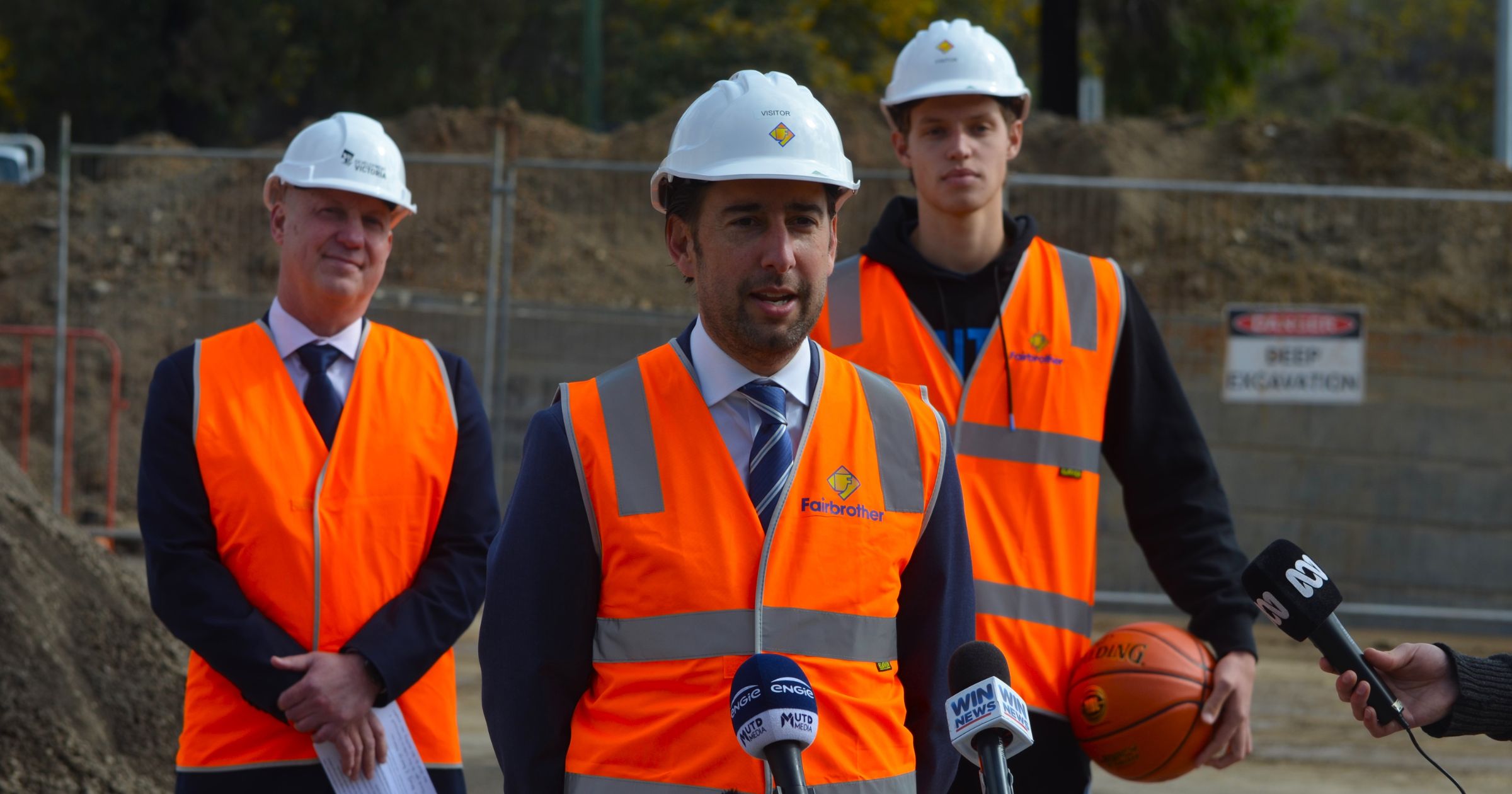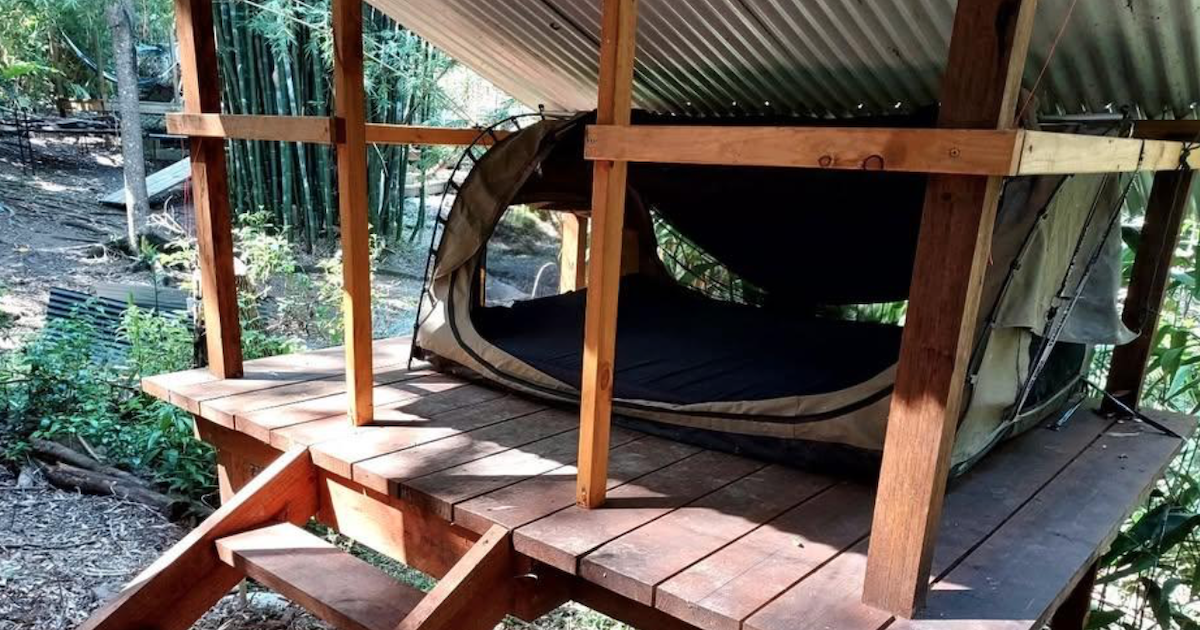Options to help survive budget strain

Under pressure: Learning how to manage money can be overwhelming but taking steps to understand your budget could help manage rising costs. Photo: FILE
HOUSEHOLDS whose main income is from wages were the hardest hit by rising costs of living last quarter according to data from the Australian Bureau of Statistics.
Between June and September, the ABS reported those households experienced a rise of 6.8 per cent for financial and insurance services such as car loans and mortgages.
Housing costs rose by 3.7 per cent for wage earners and fuel by 3.4 per cent, although this increase affected all households.
Nimzy Jamang, a Bendigo based influencer, financial specialist, and mum of two, said the increases had forced her to revise her spending habits.
“Nowadays I’ve been very conscious about my spending and everything,” she said.
Despite there being two wage earners in her household, Ms Jamang said when her husband is on student nursing placement, they lose part of their income.
“Sometimes, it makes me feel like you need to have two jobs to be able to afford living, you know?,” she said.
“In one pay it’s impossible, I sometimes wonder how people are adjusting to all these expenses.”
New to the practice of budgeting, Ms Jamang said calculating how much was needed for everyday expenses such as groceries and utilities, and additional things like car registration or emergencies had helped a lot.
“It took me a good mind shift to actually be like okay, I need to start focusing because I need to save money,” she said.
By cutting down on things like takeaway meals and prioritising meal preparation, as well as making use of incentives like supermarket and fuel rewards cards, Ms Jamang said she’s started to save.
“When it comes to budgeting as well, like with groceries I know that I’ve changed a lot of my shopping patterns, I normally now only shop things that I can freeze,” she said.
“I’ve also got this app on my phone that tells me which stores, like Coles or Aldi have got the discounts, so I plan my trip and my groceries according to which one has got the best discount.”
Even with a savvy budget, figuring out how to make money work for the individual was hard, Ms Jamang said, because individual situations can be very different.
“I feel like sometimes it’s a bit stupid to recommend to people ‘oh find another job or get another job’, if they could, they would, right?” she said.
“I think the best way is to know how much you’re spending, what you’re earning, work out a plan and see what’s the best way to save.”
With low to high income earners all feeling the pinch with rising costs, learning to be money smart could seem like a good idea.
Anglicare Victoria provides a financial counselling service in Bendigo to people and the service does not have an income threshold, meaning anyone in need of advice can access support.
Team leader for the service Laura Powell said if someone was experiencing financial difficulty they would most likely be able to assist or would know who could.
“We’re not really taught financial literacy in school and it’s generally not something we talk about with friends or family, so people can carry a bit of shame when they find themselves in financial stress,” Ms Powell said.
“But it’s something many people are going through right now, and there’s help available.”
The service can give advice on consumer credit law and can advocate for people if they are struggling with repayments or are being treated unfairly.
“We’re non-judgemental. It’s our role to give people options and support them whatever road they want to go down,” Ms Powell said.
Financial resources can be found on the Anglicare website or via 1800 809 722.


















